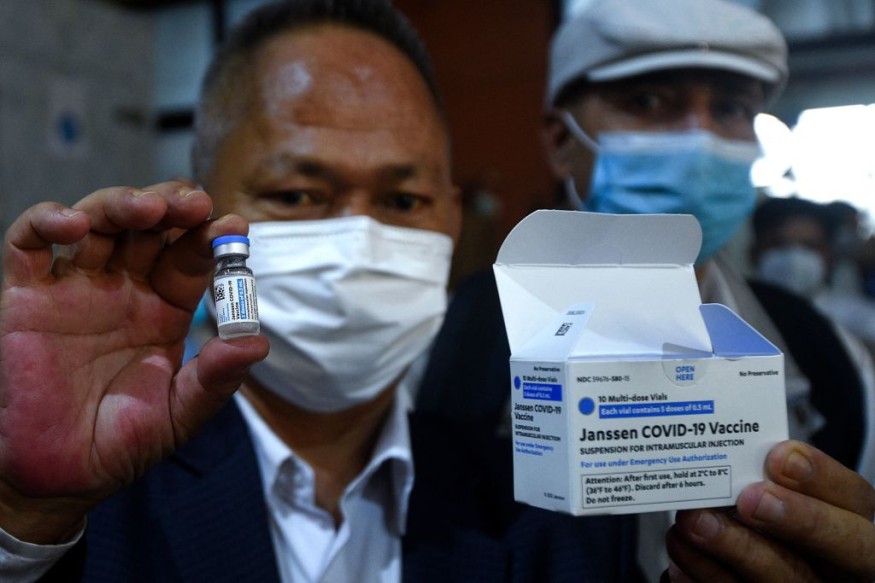A new study suggests that the Johnson & Johnson COVID-19 vaccine is less effective against the Delta variant of the coronavirus that causes COVID-19. Researchers of the study found that antibody levels of patients who received one dose of the Johnson & Johnson COVID-19 vaccine are twice as low as the antibodies in patients who received other vaccines like Pfizer and Moderna.
This finding comes after CDC director Dr. Rochelle Walensky testified before the US Senate Health, Education, Labor, and Pensions Committee on Wednesday, that Delta variant makes up 83% of all new cases that caused the surge of infections in nearly all 50 states.
It also represents another setback for the J&J COVID-19 vaccine after other issues surrounding it, such as ingredient mix-ups, federal health warnings, and some doses that need to be thrown out.

One-Dose of J&J Less Effective Against Delta Coronavirus Variant
"The message that we wanted to give was not that people shouldn't get the J.&J. vaccine, but we hope that in the future, it will be boosted with either another dose of J&J or a boost with Pfizer or Moderna," study lead author and virologist Dr. Nathaniel Landau at NYU's Grossman School of Medicine told The New York Times.
The study, titled "Comparison of Neutralizing Antibody Titers Elicited by mRNA and Adenoviral Vector Vaccine against SARS-CoV-2 Variants," was not yet peer-reviewed or published in a scientific journal, showed the results of tests on the blood samples of 27 participants.
Out of these participants, 17 of them had been immunized with two doses of Pfizer or Moderna COVID-19 vaccine, while the remaining ten people have received one dose of the J&J COVID-19 vaccine.
The team found that antibody levels of J&J COVID-19 vaccine recipients were five to seven times lower when exposed to DElta variant. That is still lower compared to Pfizer and Moderna patients, who had three-fold lower antibody levels.
On the other hand, the AstraZeneca vaccine, also made from similar technology as the J&J COVID-19 vaccine, is 33% effective against the symptomatic Delta coronavirus variant.
"The lower baseline means that what's left to counter Delta is very weak. That is a substantial concern," virologist Dr. John Moore of Weill Cornell Medicine told The Times.
Other experts said that this result is already expected since most of the vaccines available against COVID-19 need two doses to be fully effective against the deadly virus.
Moore pointed out the studies on monkeys and people that had shown great efficacy of the vaccine when two doses were given compared to only receiving one dose, The Seattle Times reported. He added that this study is particularly credible since it was conducted by scientists who had no ties with any of the vaccine manufacturers.
Other Vaccines Effective Against the Delta Variant
Although the J&J vaccine may not be effective against the Delta variant, other vaccines seemed effective. According to Daily Mail, the May analysis from the Public Health England showed that two doses of the Pfizer-BioNTech COVID-19 vaccine were 80% effective at prevention infection by Delta variant.
Meanwhile, there has been no data yet on the efficacy of Moderna against the Delta variant. But a study by Canadian researchers found that two doses of the vaccine are 72% effective against the infection of the Delta variant.
There are still few studies showing the effectiveness of vaccines on the mortality rate from the Delta variant. But a study in India, where the variant originated, showed that only 0.4% of cases were vaccinated and died from the virus.
RELATED ARTICLE : Shocking Maps Reveal Spread of Delta Variant in Only a Week
Check out more news and information on COVID-19 on Science Times.











